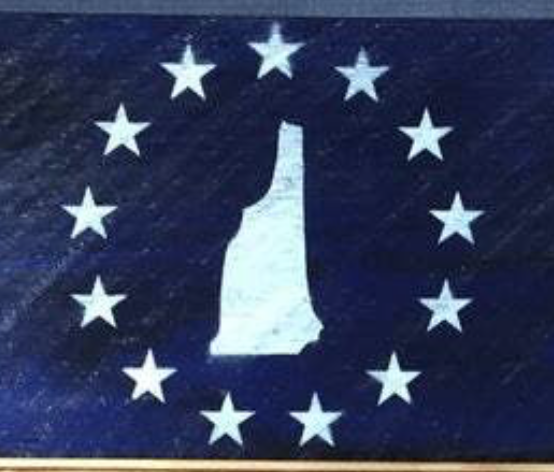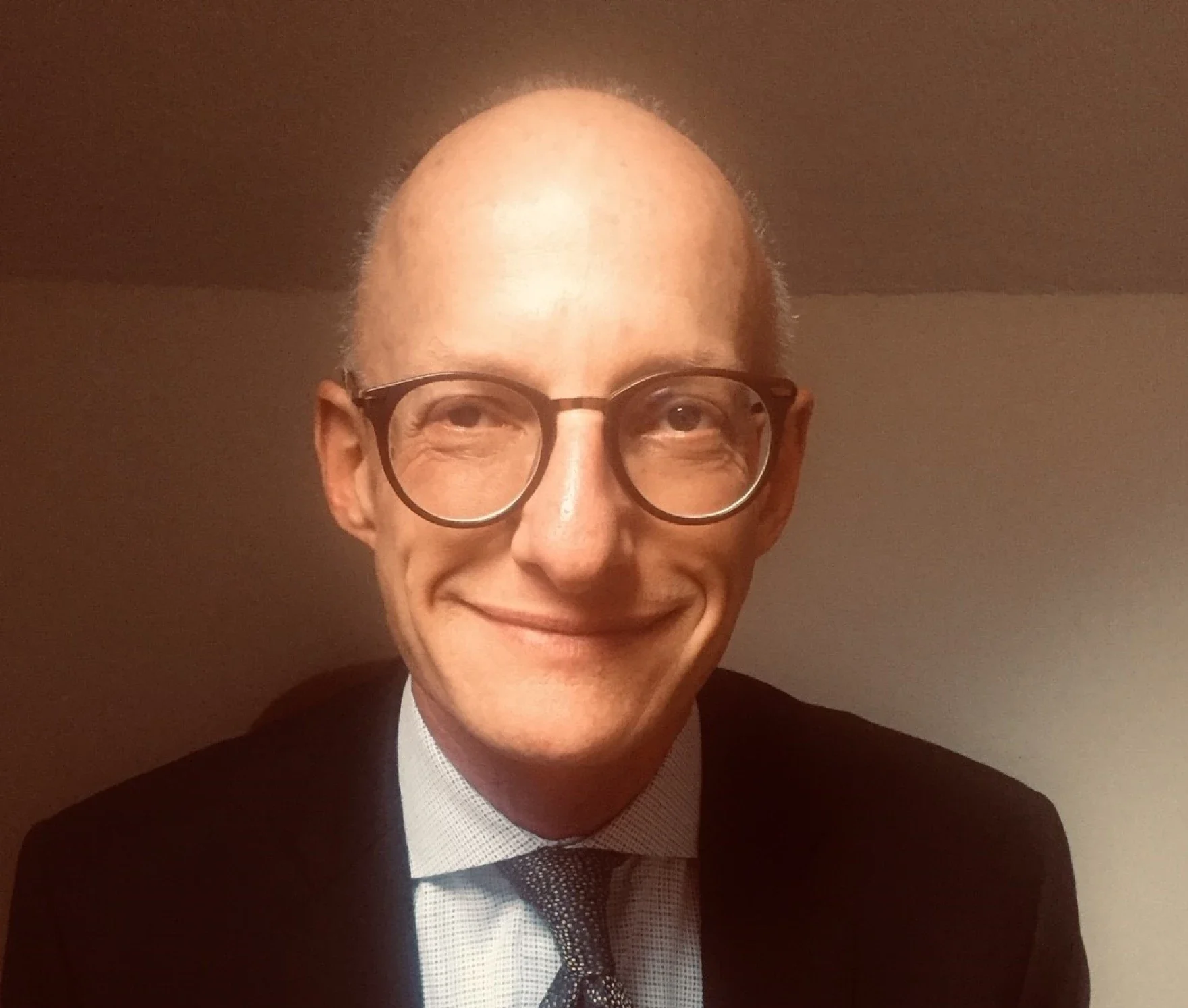Two weeks ago, Jim Schachter, New Hampshire Public Radio President & CEO, and Peter Frid, New Hampshire PBS President & CEO, issued a press release lobbying for continued taxpayer subsidies of their media products.
Among their claims: “New Hampshire’s public media is here for you – be here for public media,” and “For decades, New Hampshire Public Radio and New Hampshire PBS have earned Granite Staters’ trust by delivering independent journalism.”
NHJournal had some questions. We asked them. They were kind enough to respond. The exchange is below.
NHJOURNAL: In an era of mass media availability where every opera and lecture is available on every smartphone — often for free — why should taxpayers be subsidizing any media content?
SCHACHTER/FRID: Public media is the only free, universally accessible national resource that operates with a public service mission, measuring success by the impact on the local community rather than maximizing profit.
Much of the work of local public media stations goes far beyond their radio and television broadcasts. Stations are trusted community institutions that provide essential public safety and educational services and convene community partnerships to address a wide range of community challenges — leveraging broadcast content with on-the-ground resources where services are most needed. Two examples are NHPR’s “Civics 101” podcast, which explores how our democracy works, and NHPBS’ “The State We’re In,” which brings you point-counterpoint discussions on the issues that matter to Granite Staters. Host and Granite State News Collaborative Executive Director Melanie Plenda talks with local business leaders, journalists, educators, and legislators to have in-depth discussions about State House updates.
The program has also addressed navigating the economy, examining the nation’s voter systems with Margaret Hoover, host of PBS’ “Firing Line.”
And nothing is more uniquely New Hampshire than its annual town meetings.
Moreover, in New Hampshire, NHPR is the primary source of accountability journalism about government and institutions statewide, producing investigative journalism on critical local issues that is never behind a pay wall.
Examples include “The 13th Step,” an investigation of sexual misconduct and abuses of power in the addiction recovery industry that was a finalist for the 2024 Pulitzer Prize, and “Failures to Act,” an investigation of 60 years of child abuse in New Hampshire’s juvenile justice system that has just been nominated for a Peabody Award.
Eliminating federal funding for public broadcasting would mean the end of our universal delivery of these essential services to Granite Staters, and it would have a devastating impact on local stations and the communities that depend on them.
NHJOURNAL: Your appeal for support says that “New Hampshire’s public media is here for you.” Who is “you?” Political conservatives point to NH public media’s programming and its left-of-center viewpoint, and they say the claim that you are here for them is demonstrably untrue.
For example, the previous full-time host of your show”1A,” journalist Joshua Johnson, left the show to join MSNBC. New York City-based public radio host Jonathan Capehart made the same move. Has an NPR/PBS host or reporter ever left NPR/PBS to join National Review or Fox News?
As former NPR editor Uri Berliner reported last year, a diversity study of NPR found zero of its editorial staff were Republicans.
How can you “be here” for a state where 47 percent of the population voted for the GOP nominee for president of the United States, while you have zero members of the president’s party in your editorial staff?
SCHACHTER/FRID: Your question is based on false premises. Research conducted for NHPR by the national market research firm Smith Geiger last year found that our audience almost exactly reflects the political spectrum of New Hampshire. Our journalists – like NPR’s – follow a strict code of ethics intended to ensure fairness in our reporting; here’s NHPR’s code and here’s NPR’s – both published on our respective websites and available to anyone who wants to understand how we conduct our journalism.
The editorial standards for both NHPBS and PBS are the cornerstone of our commitment to serving the public interest and preserving trust. NHPBS is committed to providing locally and nationally focused, balanced content that serves the needs and the broad range of viewpoints in our community. Locally with “The State We’re In” and with several partner programs, including “NH Civics” and “Candidate Forums with NHPR,” as well as nationally with “PBS News Hour,” “Firing Line with Margaret Hoover,” “Frontline,” “American Experience,” “Amanpour & Co.,” and the extensive documentary library and educational resources from Ken Burns.
Additionally, you’ve mischaracterized Uri’s statements. He described a partial accounting of the portion of NPR’s editorial staff that lives in the District of Columbia. NPR’s staff — like the staff of PBS, NHPR, and NHPBS — bring a variety of perspectives to our content development. We don’t have a litmus test for an employee’s political views or voting records.
While NPR/PBS provides a solid lineup of liberal news content, from “Morning Edition” to PBS “News Hour,” would it be accurate for NHJournal to report that you have no center-right content broadcasting in NH? If you do, could you please identify the program and the host(s)?
SCHACHTER/FRID: Your question wrongly assumes that all journalism is biased. Our public service missions are clear that our content is designed to inform and educate, so that people can make up their own minds about where they stand on issues. We believe that spending time with our news and public affairs programming will confirm that we serve everyone in our communities.
In addition, we are dedicated to accountability and engage in regular reviews of practices and standards to ensure editorial integrity, balance, and objectivity. We are also responsive to our local community through our Community Advisory Boards, which are open to all.
NHJOURNAL: The U.S. currently runs a budget deficit because there is too much spending compared to revenue. What spending would you support Congress cutting in order to continue funding public media? If you don’t support cuts, what tax or fee would you support increasing in order to continue to receive your funding?
Or put another way: What is something currently being funded that is less necessary than public media in 2025, the era of ubiquitous media content?
SCHACHTER/FRID: In an era of ubiquitous media content, public media provides a trusted window to the world. For decades, we’ve provided universal service that is free and available to everyone. Federal funding is essential seed funding for local stations, which then leverage it six times over in a highly efficient public-private partnership.
This year, as always, Congress has difficult decisions to make about the budget – from what to spend to whether to extend tax cuts that otherwise will expire. Federal funding for public media is a negligible cost; it amounts to $1.60 per person per year, less than .01 percent of the federal budget.
In the case of public television, the loss of funding would cut off access to proven educational content, causing particular harm to the more than 50 percent of children who don’t attend a formal preschool. This free, universally available content has been proven to close the achievement gap between children from low-income families and their more affluent peers. Public media’s early childhood educational television programming – accessible for free every day in every household – is ranked #1 by parents for helping prepare children for school.
Loss of federal funding would also significantly jeopardize public safety across the country. As some of the last locally operated media, local public media stations provide lifesaving public safety communications, ranging from early earthquake warnings to Amber Alerts to presidential messages to the American people in times of national emergency, in partnership with federal, state, and local authorities.
Public television has pioneered cutting-edge datacasting technology that allows public safety officials to communicate with each other in times of crisis over our broadcast spectrum through encrypted communications that are not bandwidth constrained and not dependent on cell service.
Public radio stations across the country employ more local reporters and editors than any commercial media company or chain – some 3,000 local journalists overall – and are often the only source of local journalism in their communities.
Finally, public media has earned the broad support of the American people, across the political spectrum, including 65 percent of people who voted for President Trump who think public television is either adequately funded or underfunded, according to a recent YouGov survey. And just last month, the Pew Research Center found that Americans are more likely to support than oppose continuing federal funding for NPR and PBS by a factor of almost 2:1.
EDITOR’S NOTE: A previous version of this article listed the responses as coming from Mr. Schachter. We were informed they came from both Mr. Schachter and Mr. Frid jointly. The article has been updated to reflect that.


